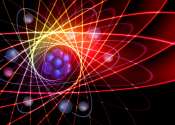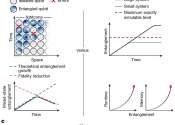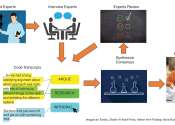'Near perfect' control of single atoms is major advance toward quantum computing
A new fabrication process that could be used to build a quantum computer achieves an almost zero failure rate and has the potential to be scaled up, according to new research from engineers and physicists at UCL.
Mar 27, 2024
0
361









